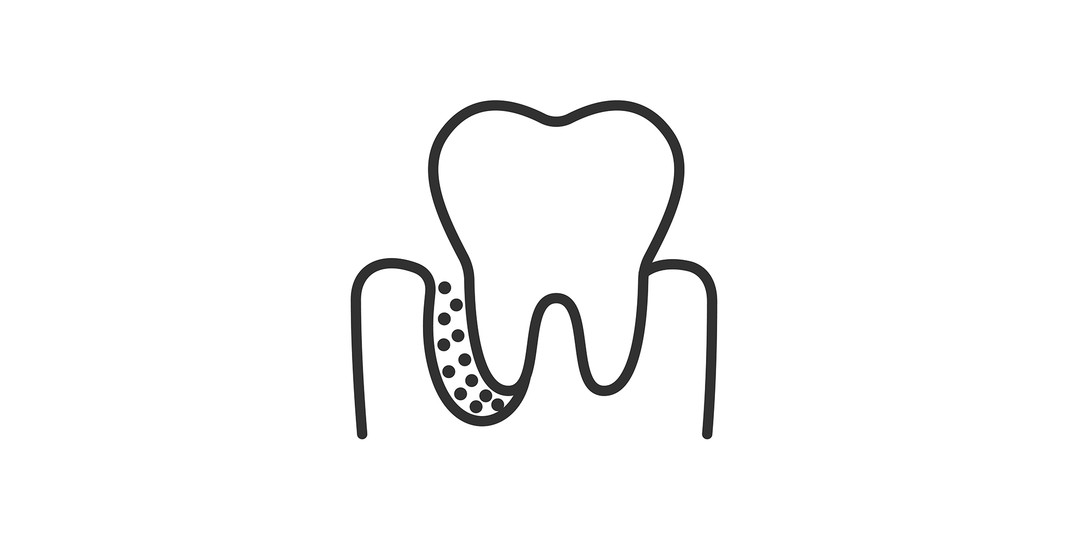
Brush up on your dental TLC and keep gum disease at bay – it could help save your life
Looking after your dental health is not just good for your pearly whites, not to mention keeping your breath fresh, it can help reduce the risk of a heart attack, stroke, diabetes and lung infections, also Alzheimer’s disease.
Most of us know about the gut microbiome and the trillions of bacteria that live there, affecting our health in loads of ways. That’s been one of the hottest topics over the last decade. What’s breaking news now though is that just as many trillions, possibly more, live in our mouths where around 700 different species of bacteria have been identified; what’s called the oral microbiome.
Some of these, like the ones in the gut, are really useful, breaking down food and limiting the growth of disease-causing bacteria. But the ‘bad’ bugs are microscopic villains, causing gum disease characterised by inflammation and bleeding. And that can lead to loss of teeth. Mysteriously, some of the harmless bugs can switch to becoming baddies.
But there’s more. Gum disease is also linked to an increased risk of developing heart or blood vessel problems – coronary artery disease and heart attacks - according to the British Heart Foundation. Just how the bacteria migrate into the blood stream and immune system, causing inflammation, is the subject of ongoing research. One mystery is that some of the harmless bugs can switch to becoming baddies.
It’s not just heart attacks but also strokes, diabetes and Alzheimer’s disease that ongoing research is linking to the oral microbiome. Bacterial chest infections are another concern, particularly in frail elderly people who may die from pneumonia caused by breathing in bacteria from their mouth, according to the Oral Health Foundation.
Gum disease may also raise the level of chemicals that bring on labour, increasing the risk of a baby being born prematurely at a lower birth weight – before 35 weeks.
So – how to keep your teeth and mouth in good health? Here are expert tips
- Brush your teeth for two minutes last thing at night and at one other time of the day, with fluoride toothpaste. Dental hygienists like round-headed electric toothbrushes.
- Avoid toothpaste with sodium lauryl/laureth sulphate (SLS/SLeS), a foaming agent common in many brands. SLS/SLeS strips the skin inside the mouth, upsetting the oral microbiome and causing mouth ulcers.
- Pharmacist Shabir Daya recommends Pharma Nord Zymbion Q-10 Toothpaste, £7.95/75ml. Co enzyme Q10 has been shown to help gingivitis (gum disease) and this pharmaceutical standard product was developed to help patients. But Shabir likes it for regular daily use (as do I). It’s free of sodium lauryl sulphate (SLS).
- Floss daily, winding the floss (as wide as possible) down and round teeth, or use interdental brushes.
- Book in for regular check-ups with your dentist and hygienist.
- Keep well hydrated with still water to increase saliva production, which nourishes the good bacteria, flushes away the baddies and helps break down sugars. And on that last, reduce added sugar as much as possible, also caffeine and alcohol. And don’t smoke (but you don’t do you? Terrible for your skin as well.) PS Chewing unsweetened gum also increases saliva production
- And one of our favourites: use a tongue scraper. Bacteria congregate on your tongue so literally scrape them off, morning and night – takes a few seconds and is so effective. Copper is naturally antibacterial so a good choice.
Urban Veda Copper Tongue Cleaner
